FOR IMMEDIATE RELEASE
Contact: Olivia Ford, oford.pwnusa@gmail.com / 510.333.4262
New York City, March 10, 2014 – Today, National Women and Girls HIV/AIDS Awareness Day, Positive Women’s Network – United States of America (PWN-USA) is Sharing Knowledge and Taking Action to break the link between violence, trauma and HIV among women in our communities, in collaboration with federal partners. Yet last week, President Barack Obama proposed a 2015 budget that will eliminate future support for women-focused HIV services funded by Part D of the Ryan White Treatment Extension Act — with no assurances that the remaining parts of Ryan White will pick up the slack. This change is being proposed despite data from the U.S. Centers for Disease Control and Prevention (CDC)’s HIV care continuum, which shows that only 41% of women living with HIV are retained in medical care.
A statement from the Health Resources and Services Administration’s HIV/AIDS Bureau cites success in preventing perinatal HIV transmission as key to the decision to eliminate Part D. “The Part D program is working well at keeping women healthy, so they gut it?” asks Pat Migliore, founder of BABES Network in Seattle, WA. “It just doesn’t make sense.”
Last week’s news that a second infant born with HIV has become HIV negative through aggressive treatment soon after birth recalls the story of the first “cured baby,” whose HIV remission was widely reported in early 2013. Both discoveries were made possible by gaps in their mothers’ retention in care, with unreported and potentially profound consequences to those women. The puzzle of keeping women connected to quality care is far from solved.
A significant piece of that puzzle may lie in the epidemic of violence and trauma, which impacts women with HIV at alarming rates. Women with HIV experience intimate partner violence at more twice the rate of the general population of U.S. women, and post-traumatic stress disorder at more than 5 times the national rate, according to data released in 2012. Further, women with HIV, including transgender women, who reported recent trauma were 4 times more likely to face HIV treatment challenges than those who did not. These numbers indicate a potential connection between unaddressed trauma and gaps in the care continuum, which illustrate failure to provide high-quality care. “Failure to systemically address the ongoing effects of lifetime trauma and violence may be the missing ingredient in improving care for women living with HIV,” says Gina Brown, a New Orleans-based PWN-USA member.
The Interagency Federal Working Group on the Intersection of HIV/AIDS, Violence Against Women and Girls, and Gender-Related Health Disparities was formed by President Obama to address this connection. In February, the working group launched a set of promising recommendations for breaking the cycle of trauma and HIV among women. Among the recommendations: additional research into the prevalence of violence and trauma, co-screening for intimate partner violence and HIV, and development and dissemination of trauma-informed care and service models for women with HIV.
“Medication is treatment; trauma-informed work is about healing,” says Linda H. Scruggs, Director of Ribbon Consulting Group and a founding member of PWN-USA. “We need to heal in order to treat.” Advocates believe that federal support for these powerful recommendations coupled with the proposed elimination of Part D, a federal source of women-focused HIV services, sends a dangerously conflicting message.
“Despite efforts to eliminate funding, U.S. women with HIV continue to face poor health outcomes, including higher rates of death, in part because of the effects of lifetime trauma and ongoing violence,” says Vanessa Johnson, creator of Common Threads, an innovative project that addresses trauma and promotes economic empowerment for women with HIV. “It’s more urgent than ever that we address these intersections as outlined in the working group’s report.”
PWN-USA is committed to working with community stakeholders and partners across federal agencies to ensure that these recommendations grow into effective, comprehensive programmatic and policy changes. PWN-USA also encourages women and advocates to use these recommendations as a tool in talking to peers, local clinics, AIDS service organizations, providers, policymakers and local media about the profound impact of violence prevention and trauma-informed care on the health and lives of women with HIV across the U.S.



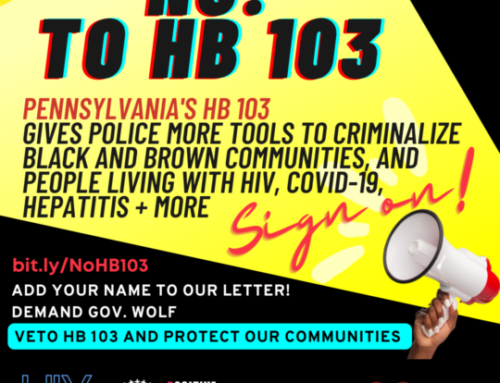
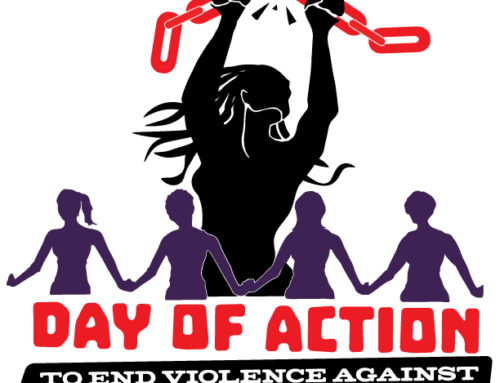
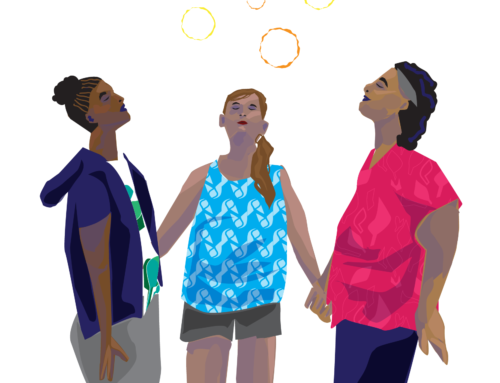
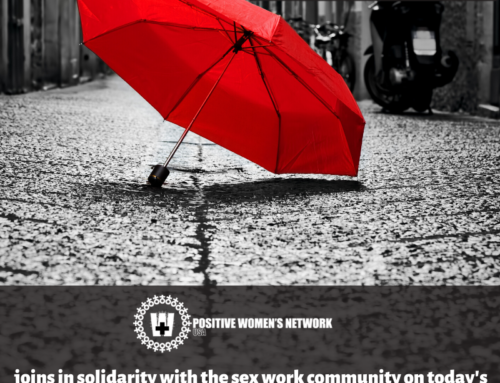
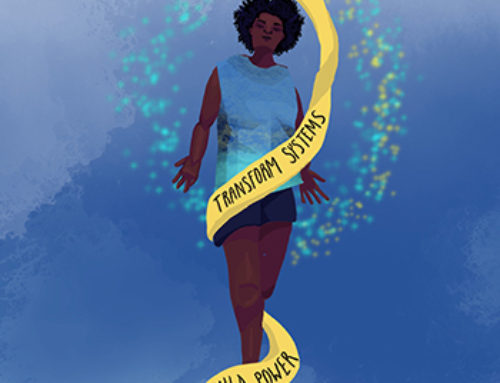
NWGHAAD 2014 give me feelings I can only describe as bitter sweet. First the White House work group on violence, trauma and their connections to HIV acquisition in women ….give us hope with it’s excellent recommendation … a blue print to integrating trauma informed care ,into health care settings, HIV planning councils.
Then with in days of the good news, comes the dreaded news of cutting funds to Part D services …. “because they work” is utterly heart wrenching, doesn’t make sense and sends a dangerously conflicting message.
We have to keep at it Ladies. Keep fighting and speaking out when policies are introduced and implemented that have negative impacts in our lives and on the AIDS epidemic as a whole. We can not end AIDS by cutting funding to what works…for women.
Great piece, thank you Olivia
NWGHAAD day was celebration of healing and awareness of the spectrum of Violence(s) against women and girls. The Philadelphia “Unmasking the Spectrum of Violence(s) Against women and girls was success had call to Action! From Olivia Ford asking community stakeholder to call their state legislators roll out the recommendations of the White House Working Group to improve the quality of women’s lives by rolling out the Inter agency. Federal Working Group on the Intersection of HIV/AIDS, Violence Against Women and Girls, and Gender Related Health Disparities in their state. legislators